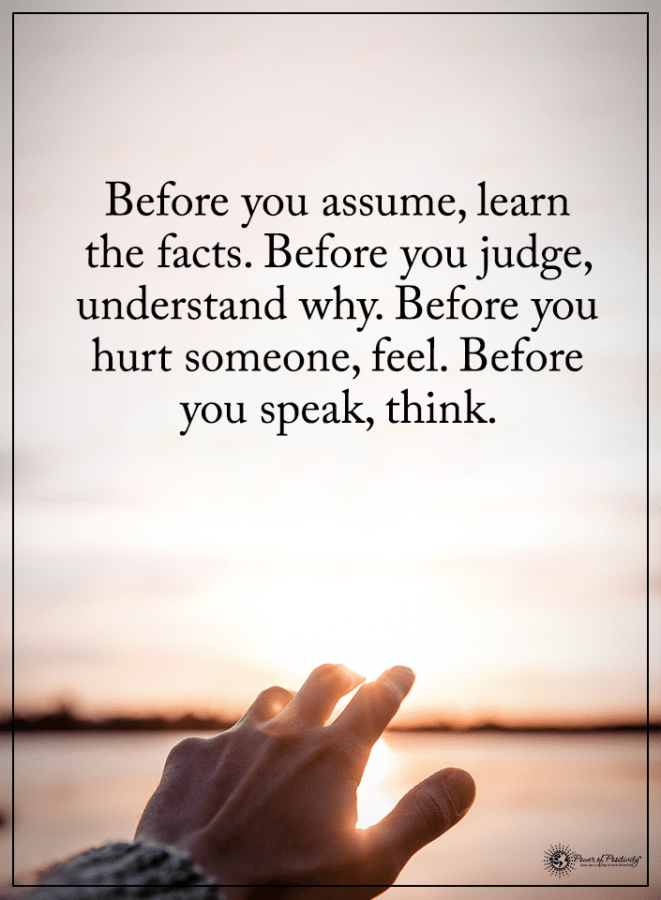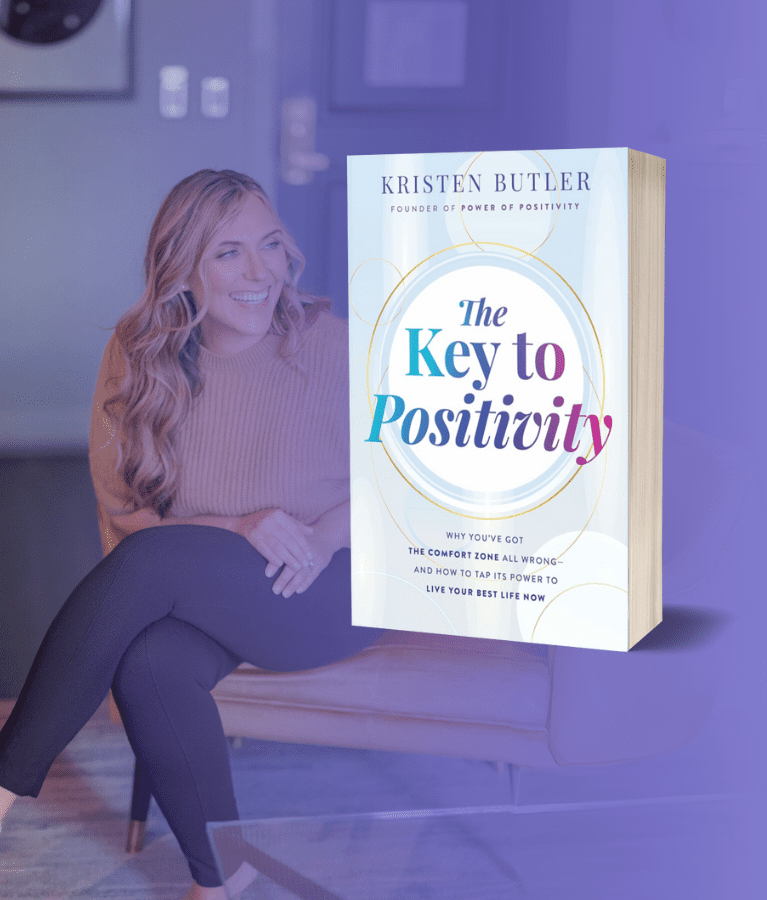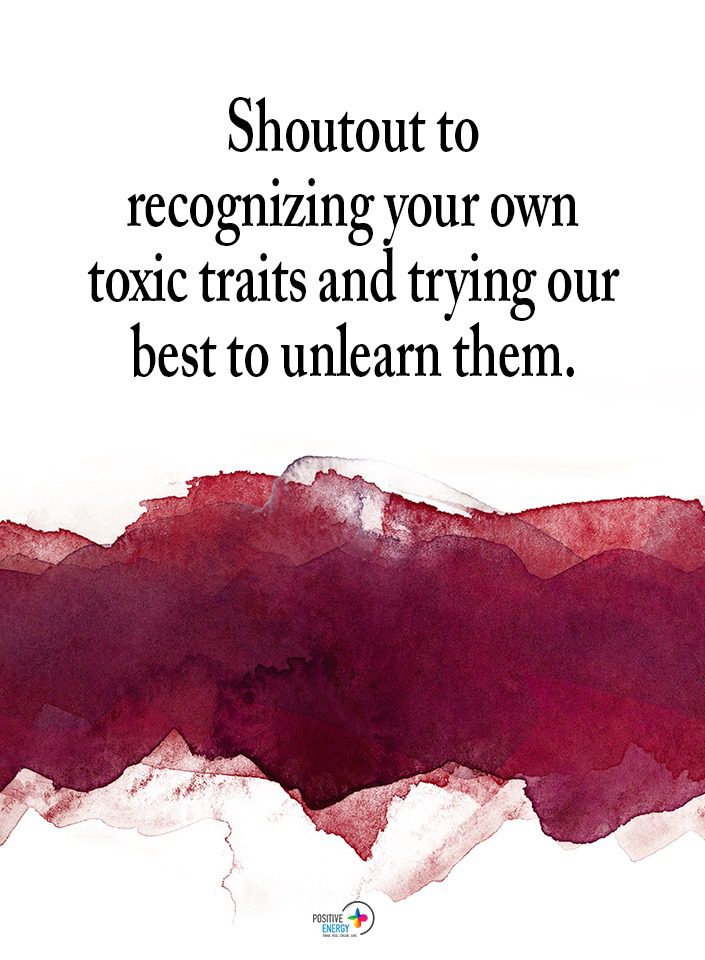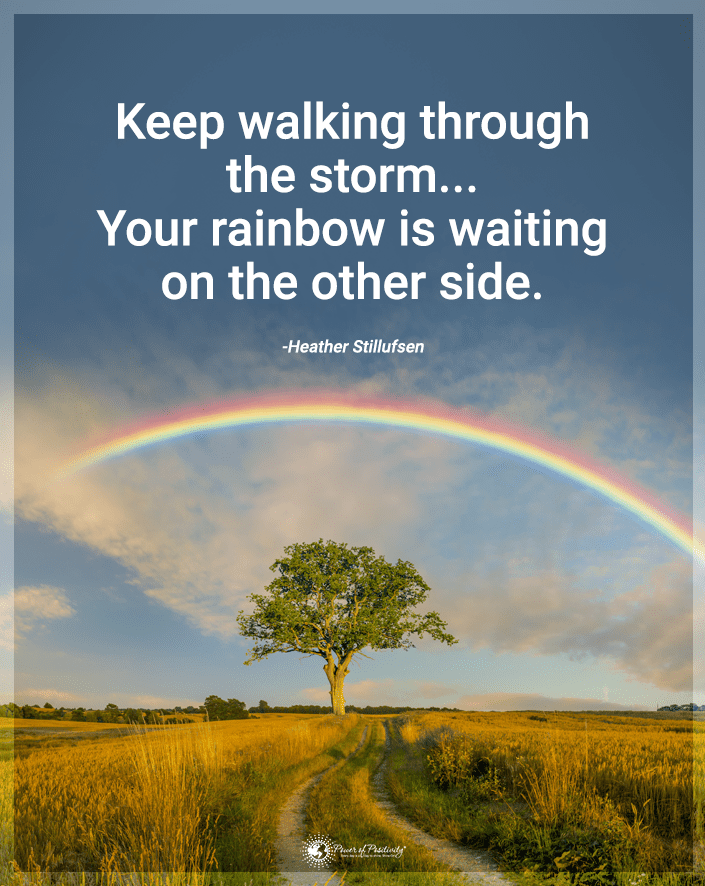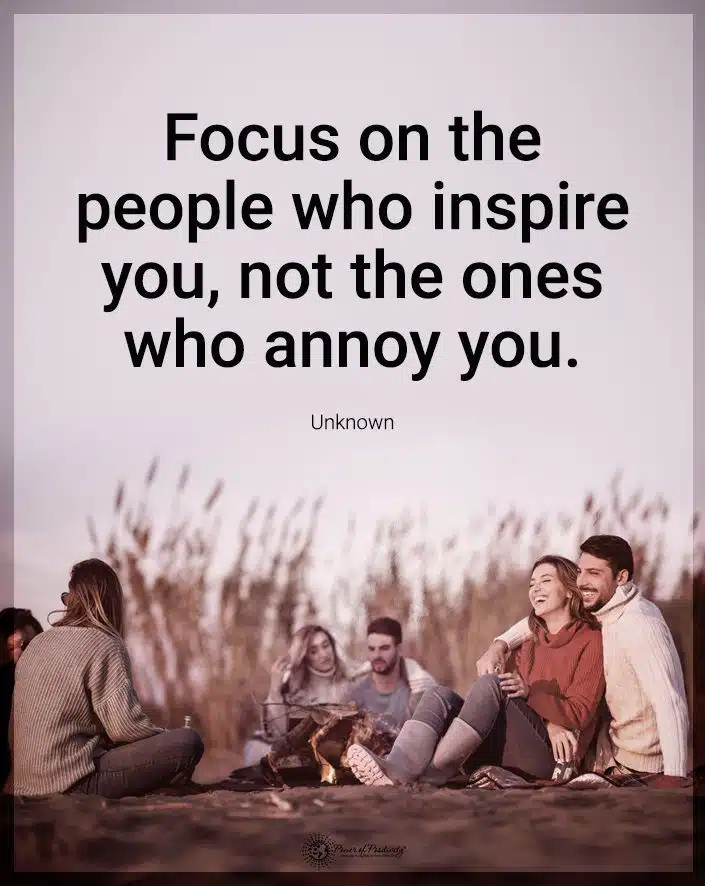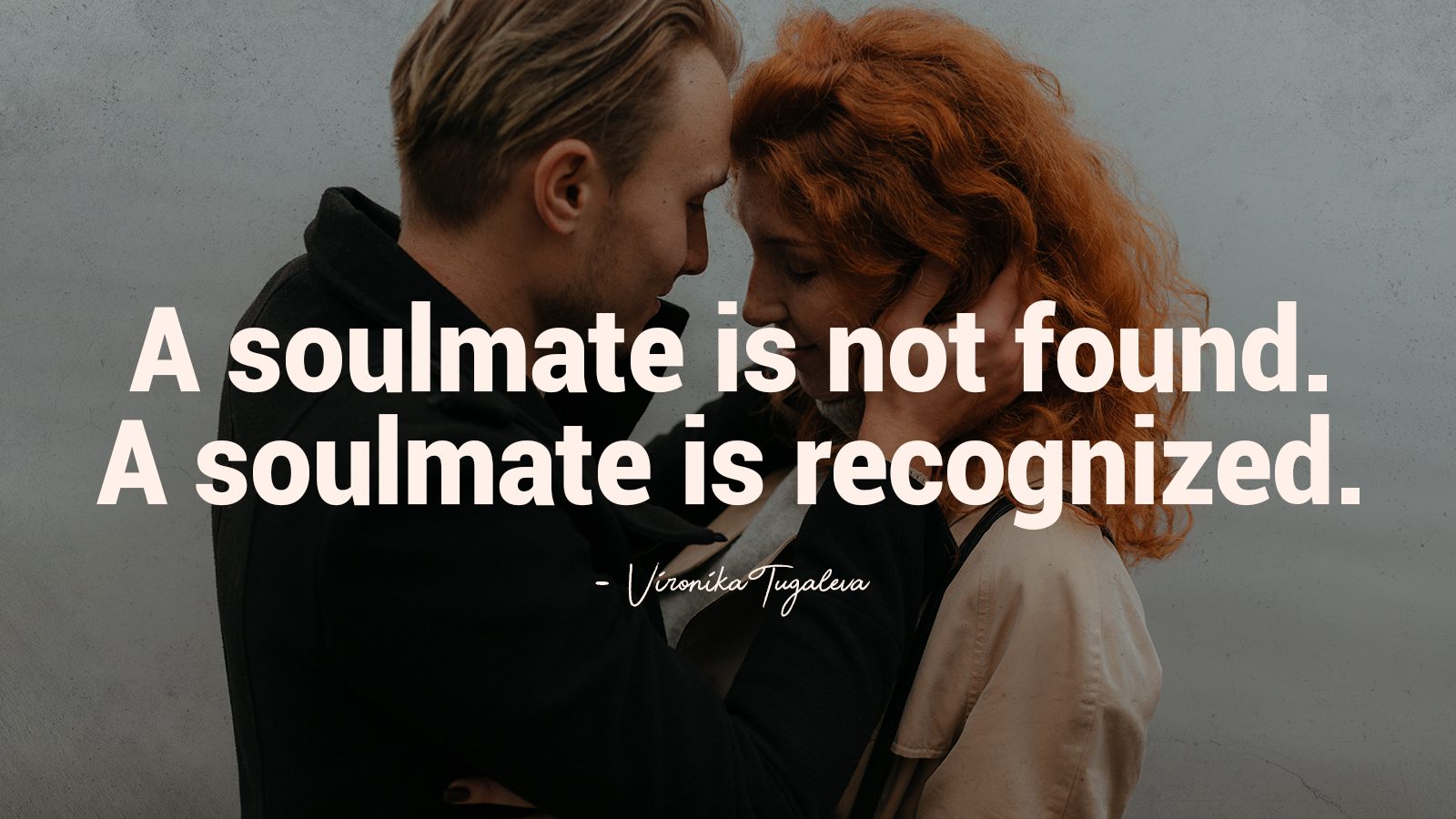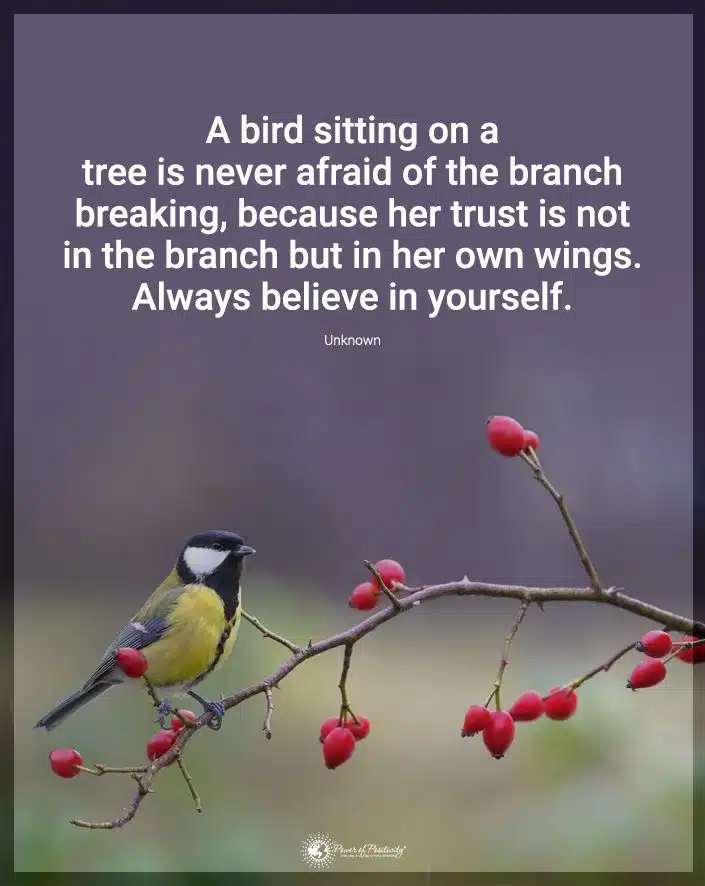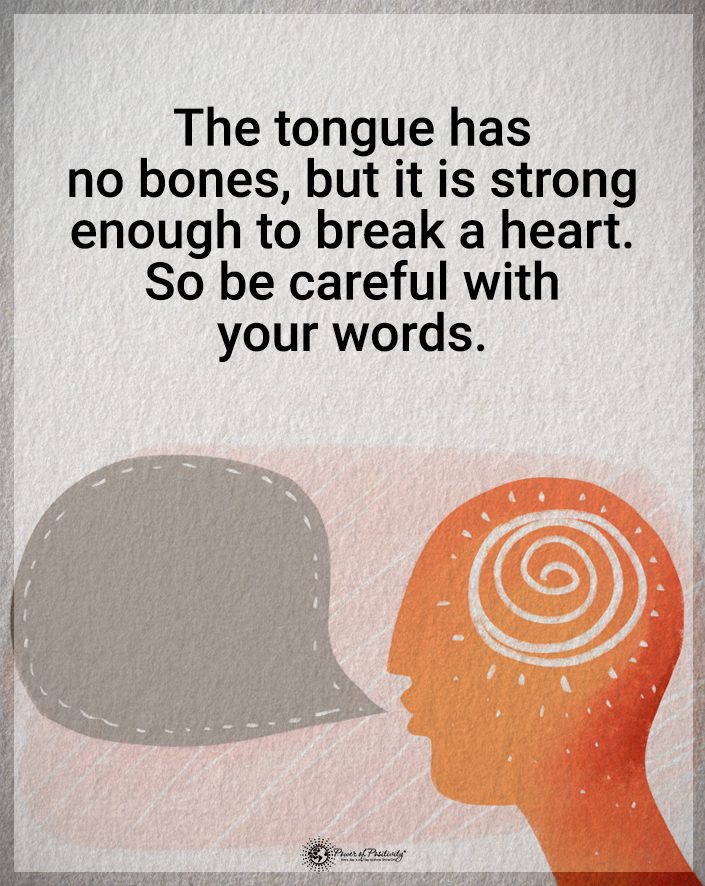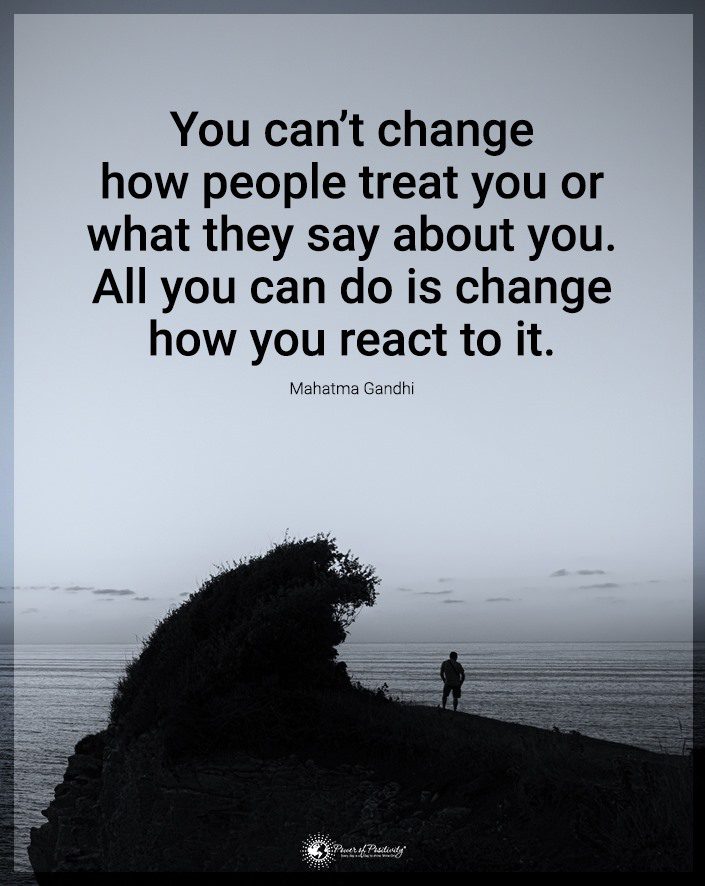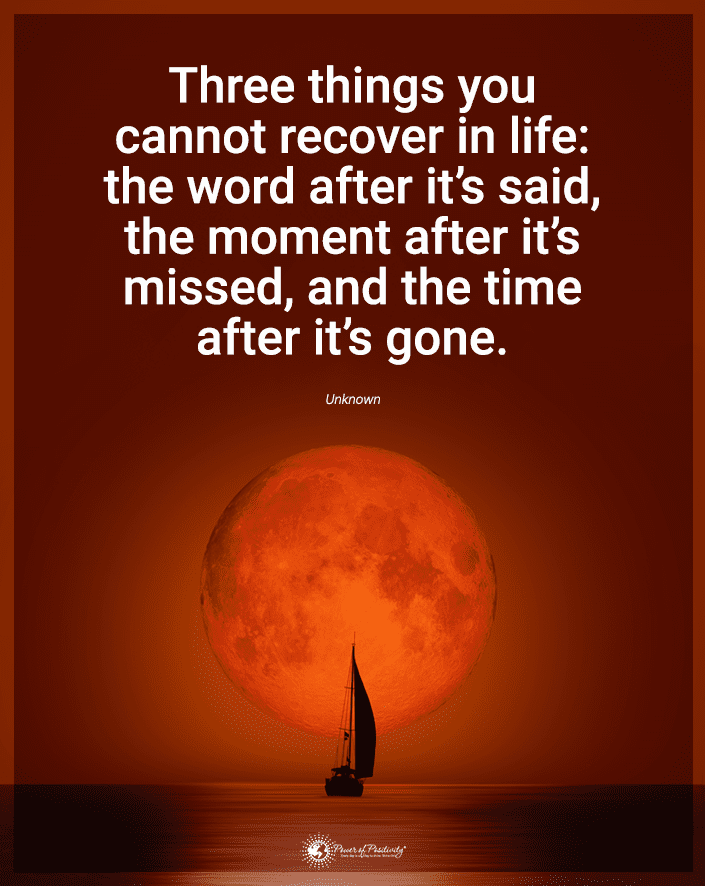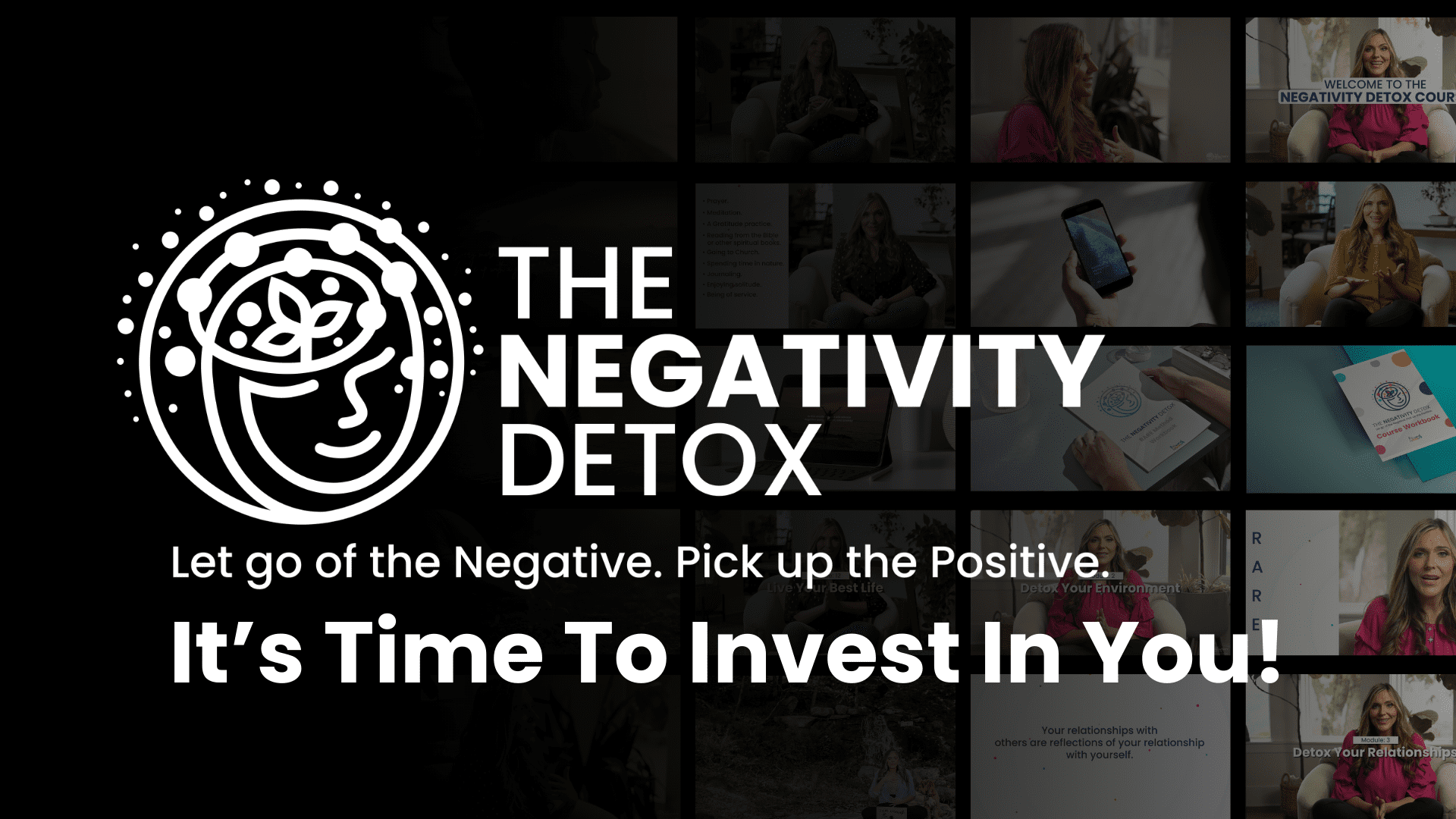Here’s why they’re others might seem mistrustful of your true intentions.
Trust. This quality is the invisible glue that holds our personal and professional relationships together. When it’s strong, it can elevate a good relationship to a great one. But when broken, even the strongest bonds can start to unravel. It’s important to recognize that trust is built through consistent actions over time, but it can be undermined quickly by seemingly small missteps. Understanding the subtleties that impact trust is crucial in maintaining and strengthening positive connections with others.
Ten Reasons Some May Not Trust Your Intentions (even when you don’t mean any harm)
For some people in your life, all it takes is a single misstep. Here are some actions that may breed mistrust and the positive changes you can make to improve things.
1 – Inconsistency in Words and Actions Breaks Trust
Have you ever promised something but did the exact opposite? This inconsistency is a surefire way to sow doubt in any relationship. People question what you say when your actions don’t match your words. It’s like building a house on a shaky foundation. In fact, it won’t stand the test of time.
How to change it:
- Start by practicing what you preach.
- Make an intentional effort to align your actions with your words.
- If you commit to doing something, follow through.
These new actions demonstrate reliability and show that you value your word. Honesty and integrity aren’t just fancy words but the cornerstones of trust. Sometimes, this means saying no when you know you can’t fulfill a promise. It’s better to set realistic expectations than to overpromise and underdeliver.
2 – Lack of Transparency
Imagine trying to navigate a room filled with smoke. That’s what a lack of transparency in communication feels like. When you’re not open or clear about your intentions, feelings, or information that should be shared, people feel like they’re walking in the dark. This obscurity can quickly erode the trust you’ve built.
How to change it:
The antidote to this is straightforward: be transparent. That doesn’t mean you have to share every thought or detail, but it does mean being honest and clear about the important stuff. Open communication is key. If you’ve made a mistake, admit it. It shows you’re human and capable of taking responsibility. Being vulnerable might feel scary, but it invites others to connect with you on a deeper level. Transparency isn’t just about speaking truthfully; it’s about sharing your true self with others.
3 – Not Respecting Boundaries
Respecting personal boundaries is like understanding the invisible lines that define how close someone is comfortable with you getting – physically, emotionally, and mentally. Crossing these lines without consent can feel like an invasion, leading to discomfort and mistrust.
Think of it this way: if someone repeatedly enters your personal space uninvited, you guard yourself against them. The same principle applies to all parts of your relationships.
How to change it:
The key to change here is understanding and respecting limits. Your new, improved self should seek to understand what makes others comfortable or uncomfortable. Communicate openly and ask for consent before stepping into sensitive areas, whether borrowing something, discussing personal matters, or offering advice. Remember that boundaries are not just physical. Rather, they encompass opinions, values, and emotional space. Honoring these boundaries not only builds trust but also deepens mutual respect.
4 – Poor Listening Skills
Listening is more than just hearing words. Rather, it means decoding and understanding the message behind them. Poor listening can lead to misinterpretations and assumptions, which can be breeding grounds for mistrust. If you’re only half-listening or waiting for your turn to speak, you’re likely missing the essence of what’s being communicated. This lack of attention can make the other person feel undervalued and misunderstood, leading to a breakdown in trust.
How to change it:
Improving your listening skills requires conscious effort. Practice active listening, which focuses on what the other person says rather than passively ‘hearing’ the speaker’s message. Show empathy by putting yourself in their shoes and acknowledging their feelings. This doesn’t mean you must agree with them, but showing that you understand and respect their viewpoint can significantly enhance trust. Encourage them to express themselves fully and clarify their points. Remember, effective communication is a two-way street.
5 – Breaking Confidentiality Erodes Trust
Trust is often tested in how we handle confidential information. When someone shares a private matter with you, and you break that confidentiality, it betrays their trust. Sharing private information without permission can lead to significant emotional distress and a breakdown in trust. It’s like telling someone their secret is not safe with you.
How to change it:
Maintaining confidentiality is critical in building and sustaining trust. If someone confides in you, keep that information to yourself unless you have their explicit permission to share it. Practice discretion in all conversations. If you’re unsure whether something is confidential, err on the side of caution and keep it to yourself. Additionally, if you’re entrusted with sensitive information, acknowledge the responsibility and assure the person of your discretion. This practice upholds trust and strengthens your integrity and reliability as a confidant.
6 – Being Overly Critical
When not balanced with positivity, criticism can create an environment of constant scrutiny and negativity, erasing trust. Imagine working or living with someone who only points out what you do wrong. It doesn’t take long before you question their support and trust in your abilities. Continuous negative feedback can make someone feel undervalued and misunderstood, fostering a sense of distrust.
How to change it:
To counteract this, strive to balance constructive criticism and positive reinforcement. When you need to offer feedback, frame it helpfully and encouragingly, not just critical. For instance, instead of saying, “You did this wrong,” try, “Here’s a way to improve on this.” Recognize and commend good work or positive traits as often, if not more, than you point out areas for improvement. This approach not only builds trust but also encourages growth and learning.
7 – Avoiding Responsibility Breaks the Trust
Avoiding responsibility is a quick way to lose trust, especially when things go wrong. It sends a message that you’re unreliable or accountable for your actions. This behavior can make others feel they must pick up the slack or cover for your mistakes, leading to resentment and mistrust.
How to change it:
The antidote to this is taking ownership of your actions. If you make a mistake, own up to it. Don’t try to pass the blame or make excuses. Accepting accountability might be difficult at the moment. But it demonstrates honesty and integrity. Learn from your mistakes and use them as opportunities for personal growth. Showing that you’re willing to take responsibility, even when it’s hard, can significantly boost the trust others place in you.
8 – Inconsistent Body Language
Non-verbal communication, such as body language, is crucial in perceiving and trusting others. Inconsistent body language, where your non-verbal cues don’t align with your words, can create confusion and doubt. For instance, if you say you’re happy while your body language suggests otherwise, it sends mixed signals.
How to change it:
To build trust through non-verbal communication:
- Strive to align your body language with your verbal messages. If you’re talking about something positive, let your facial expressions and posture reflect that positivity.
- Maintain appropriate eye contact, as it can convey honesty and engagement.
- Be mindful of your gestures and how they might be interpreted.
By ensuring your body language matches your words, you reinforce the sincerity and credibility of your message.
9 – Flakiness and Unreliability
Failing to keep commitments and flakiness can be a major trust-breaker. Each time you don’t follow through on a promise or bail on commitments, it chips away at the trust others have in you. People start to question whether they can rely on you. Imagine how you feel when someone continuously cancels plans with you at the last minute or fails to deliver on their promises—it’s disappointing and erodes your trust in them.
How to change it:
To combat this, prioritize reliability. Start by making commitments you know you can keep. It’s better to be cautious in what you promise than to overcommit and underdeliver. If circumstances change and you can’t fulfill a commitment, communicate as soon as possible and explain the situation. Being proactive in these instances can help maintain trust. Practice good time management and planning to reduce the chances of needing to back out of commitments. Reliability might seem small, but it’s a powerful way to build and maintain trust.
10 – Negative Attitude and Gossiping
A consistently negative outlook or engaging in gossip can rapidly breed distrust. Negativity can be draining and contagious, leading others to distance themselves to protect their well-being. Conversely, gossip spreads distrust by demonstrating that you’re willing to speak ill of others. If you gossip about someone, those listening may wonder what you say about them in their absence.
How to change it:
To shift away from negativity and gossip:
- Focus on shifting your mindset to a positive attitude.
- Look for the good in situations and people and express gratitude for them.
- When you feel the urge to complain or gossip, try to find something positive to say instead.
- If you need to vent, choose a trusted confidant and be mindful of how you express your frustrations.
- Avoid the temptation to spread rumors or engage in gossip circles.
- Remember, fostering a positive environment can enhance trust and improve the quality of your relationships.
Final Thoughts on Why People Might Not Trust You…And Building Positive Behaviors for the Future
Building trust is an ongoing process, influenced by how we communicate, our reliability, our respect for boundaries, and much more. Each of the points discussed – from ensuring your actions match your words to practicing active listening, maintaining confidentiality, and being reliable – plays a crucial role in fostering trust. Reflect on your behaviors and consider where you might need to make changes. Building trust isn’t just about avoiding certain actions; it’s about cultivating honesty, transparency, and integrity in all your interactions. Indeed, the strongest and most fulfilling relationships are built on a solid foundation of trust. By making these positive changes, you’re not just improving how others perceive and trust you. You’re also enhancing the overall quality and depth of your relationships.

